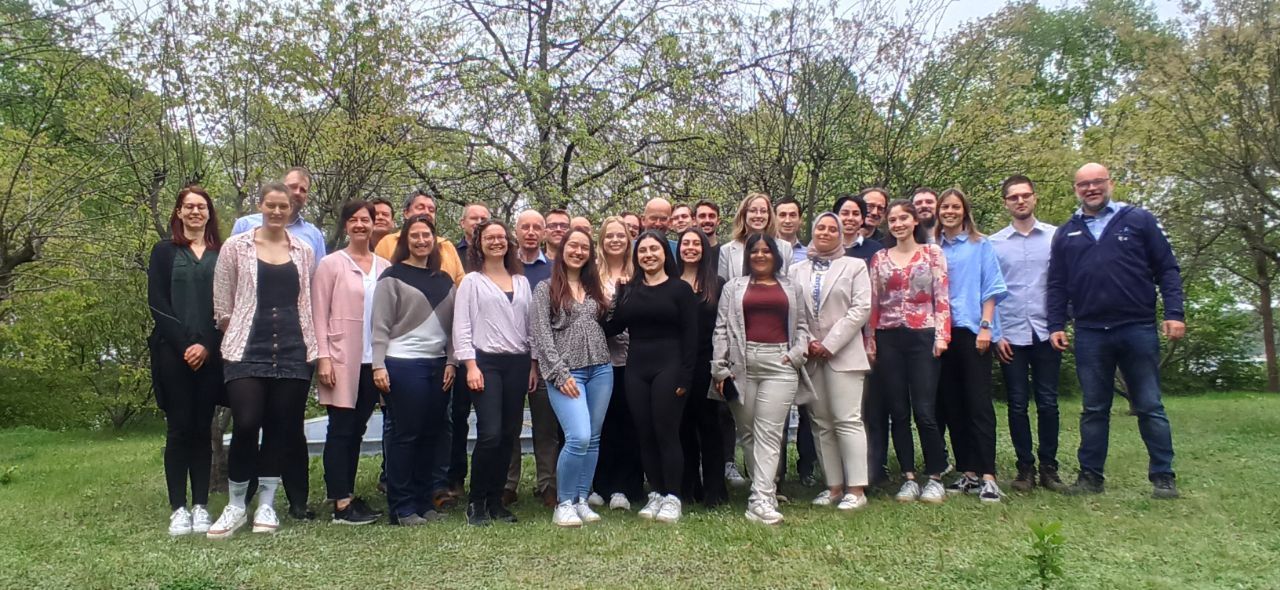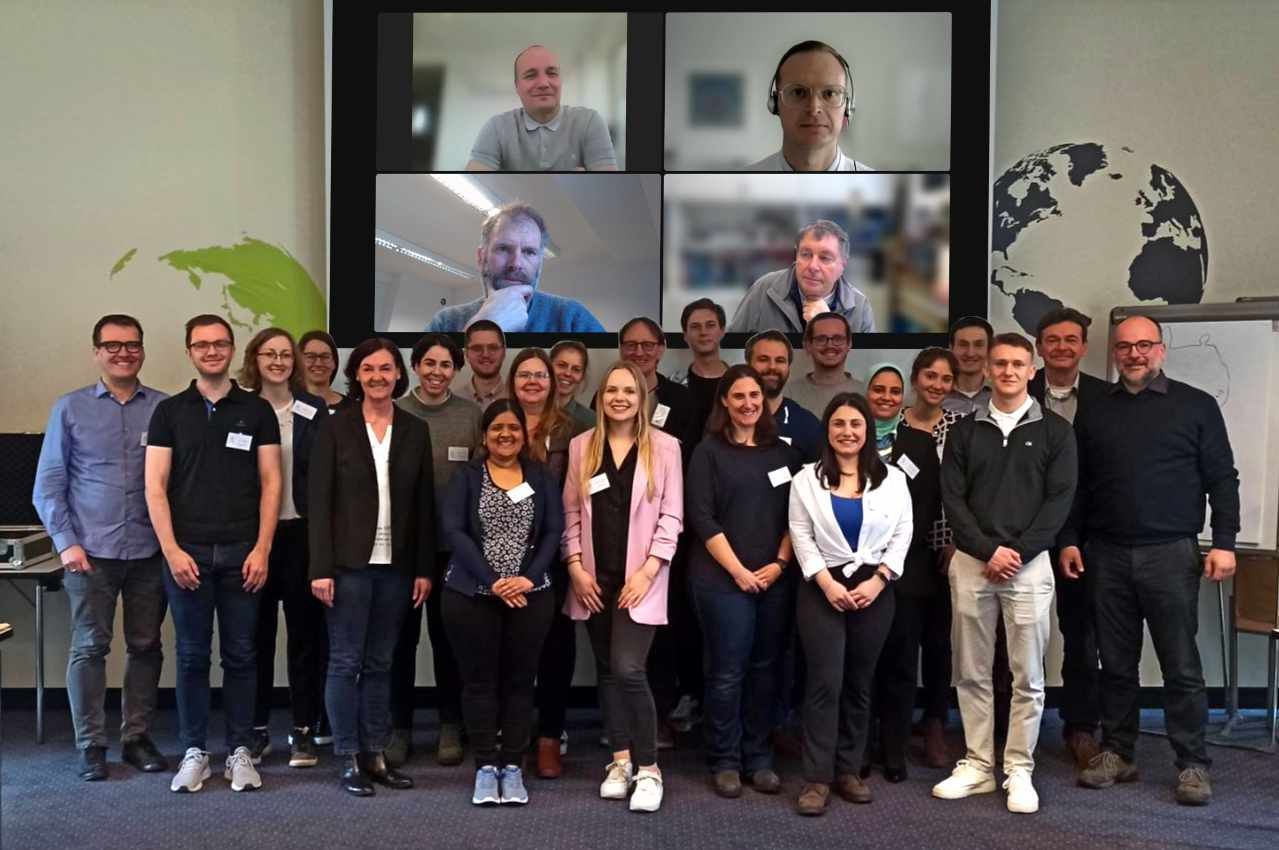Gene and cell based therapies to counteract neuroretinal degeneration
About the SPP 2127
Vision loss due to inherited eye diseases is a severe burden for millions of patients worldwide. Innovative strategies defeating neuronal dysfunction and cell loss are urgently needed.
The SPP 2127 "Gene and cell based therapies to counteract neuroretinal degeneration" takes centre stage in the attempt to find effective ways to treat rare eye diseases.
The retina is neuronal tissue that displays a well-described circuit organization and is easily accessible.
New data generated from this are expected to have tremendous impact on the treatment of other degenerative neuronal disorders and monogenic diseases in general.
Scientists from different research fields (ophthalmology, biology, gene therapy, clinical science, cell based therapies, pharmacology, vectorology, immunology) and a wide range of institutes join forces for an interdisciplinary approach and thus assure networking at its best.
The major challenges arising in this striving field are attributed to four main topics.
- Improving gene therapy approaches
- Optimizing cell therapies for the treatment
- Deciphering major factors that affect the outcome of gene and cell therapies
- Developing new read-out parameters to validate the therapies developed within the program
Four thematic pillars
Gene Therapy
One therapeutic strategy to target autosomal recessive disorders is referred to as gene addition (or supplementation) therapy, where target cells are provided with a correct cDNA copy.
Cell therapy
Cell therapy strategies aim at adding new cells to the tissue, in this case particularly regarding the replacement of RPE cells and photoreceptors via transplantation.
Development of clinical readout parameter
The SPP 2127 will develop protocols to quantify and compare therapeutic benefits at the retinal and cortical level, to describe results of cell and gene therapy and will develop new read-out parameters.
Factors affecting efficacy of cell and gene therapy
While the current state of experimental therapies is quite advanced, the results of preclinical trials and understanding of pathologies still require work at high levels.
News






